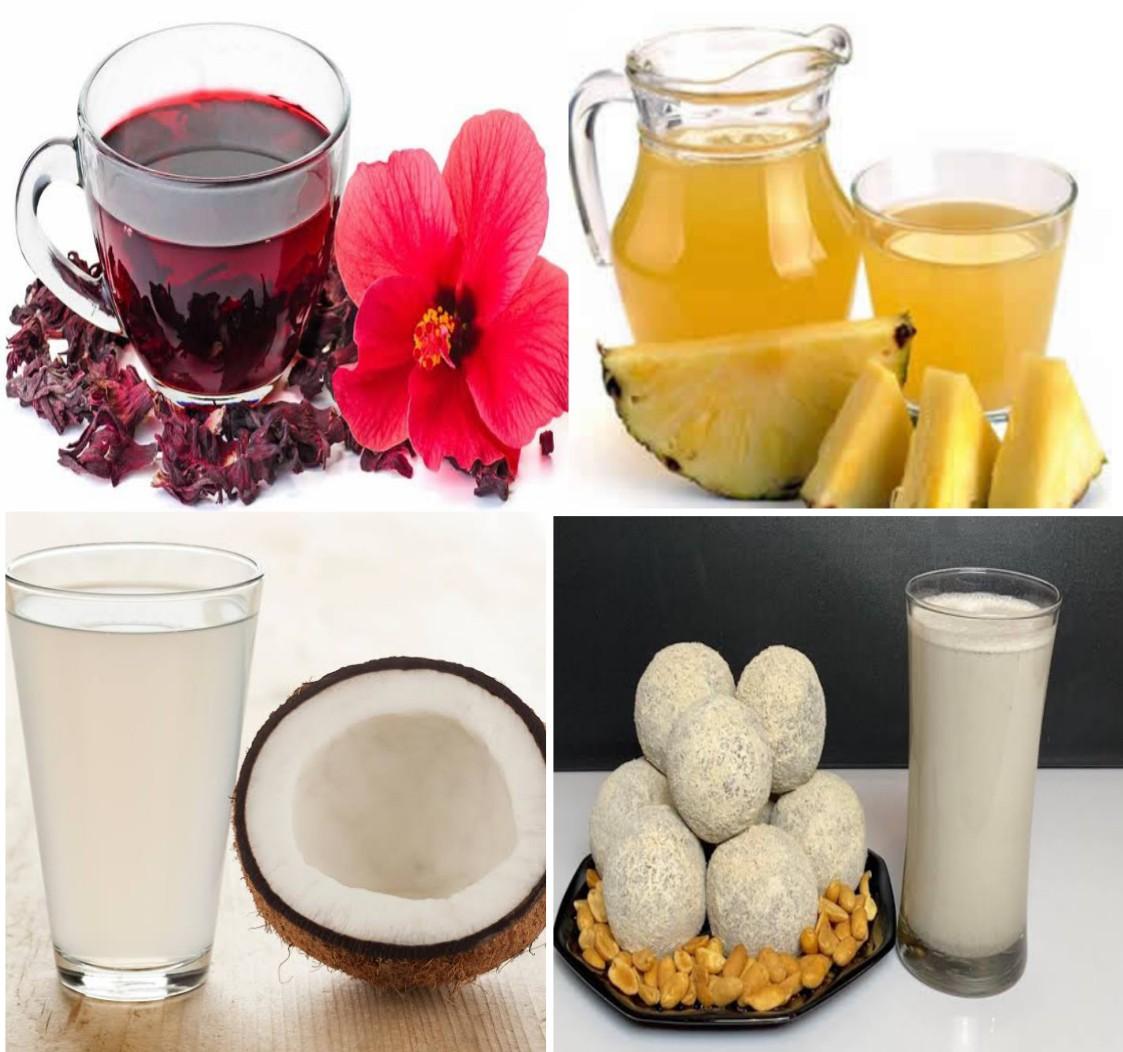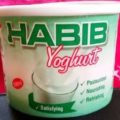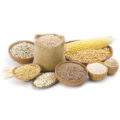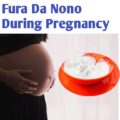Nigeria is among the countries with high soft drink consumption, according to the National bureau of statistics (NBS) survey on consumption pattern around 86.5% of Nigerians consume carbonated soft drinks. Drinking soda can be a detriment to human health. According to a study published in September 2019 in JAMA Internal Medicine, drinking soda is associated with a higher risk of heart disease, stroke, colorectal cancer, and all causes of death.
It’s also linked to obesity, notes a review published in August 2017 in QJM, the journal of the Association of Physicians of Great Britain and Ireland. Findings from a study published in the journal Appetite, suggested that drinking soda can trigger sweet cravings by dulling your sensitivity to sweet tastes, sparking a vicious cycle of eating foods and drinks with added sugar.
“Soda has no nutritional value, and therefore, there is no nutritional benefit to having it,” says Kelly Kennedy, RD, staff nutritionist for Everyday Health. “Just one can of cola contains over 9 teaspoons of sugar — that’s 1½ times more than the American Heart Association recommends a woman have in an entire day.”
All of that added sugar intake has damaging effects. A study published in 2015 in the journal Diabetologia, found that swapping out just one sugary drink a day for coffee, tea, or water may reduce the risk of type 2 diabetes by as much as 25 percent.
In this article, we will provide insights into the healthiest drinks in Nigeria and why the drinks ended up on this list.
Swan Bottled Water
This is Nigeria’s best source of water, swan water is 100% natural and pure without any additives or chemical treatment. Swan natural spring water is sourced from a unique origin in the volcanic highlands of the Kerang hills of the Jos Plateau in Nigeria. It makes this list at No 1 because of the importance of water to life. Water is critical to health and necessary for countless vital processes in your body, including temperature regulation and organ function. Unlike many other drinks, water won’t provide liquid calories, making it less likely that your body will feel full and refuse solid food. This can be especially important if you are a picky eater. What’s more, drinking enough water is linked to healthy body weight, reduced risk of dental cavities, and improved brain function especially in children.
Kunu
Kunu (also known as kununzaki) is a popular drink consumed throughout Nigeria, mostly in the north. It is usually made from grains such as millet or sorghum, although it can be made from maize as well. As a grain based beverage, Kunu is a member of the Horchata family. A type of kunu known as Kunun Aya is made from a mix of tiger nuts, coconut, dates and ginger. It is an absolutely nourishing drink, rich in numerous nutrients including fibre and vitamin E. Apart from the nutritional benefits of kunu consumption, the drink has been shown to have other benefits including reduction in blood cholesterol, lowering the risks of diabetes, and prevention of blood clot formation.
Zobo Drink
Zobo (Zoborodo) is a Nigerian beverage made from dried Roselle plant flowers. The drink is also known as Roselle drink and called Sorrel drink in the Carribean. Some important and vital nutrients provided by zobo drink are carotenes, vitamin C, thiamine, calcium, fat, iron, fiber, phosphorous, riboflavin, and niacin. All these nutrients boost your health and improve the functions of various tissues, organs, and systems in the body.
Zobo drink has an enjoyable taste, and the health benefits may also be far reaching. From managing high blood pressure, lowering cholesterol and protecting the liver, to relieving menstrual cramps and acting as an antidepressant, hibiscus tea has an impressive list of potential benefits. SEE: Scientifically Proven Health Benefits Of Zobo Drink
Coconut Water
Although coconut water does contain calories and sugar, it makes a healthier choice than other beverages like soda and sports drinks. Coconut water provides a good amount of several nutrients, including vitamin C, magnesium, and potassium — all of which are important for development. It also contains electrolytes — such as potassium, magnesium, calcium, and sodium — which are lost through sweat during exercise.
This makes coconut water an excellent hydration alternative to sugary sports drinks for active people. Coconut water is also beneficial when you are sick, especially if you need to rehydrate after a bout of diarrhea or vomiting. However, it’s important to carefully read the label when purchasing coconut water, as some brands contain added sugars and artificial flavors. Plain, unsweetened coconut water is always the best choice for adults and children.
Fura da Nono
Fura da Nono is a popular African drink. Fura are millet dough balls eaten in Nigeria, Niger and Ghana. Fura originates from the Fulani people of West Africa. It is a locally made drink prepared from a combination of fermented milk and ground millet grains. Sugar is added to the mixture to give it taste. It contains carbohydrate and fiber. Individuals of all ages, gender and social class are all able to enjoy a calabash of fura da nono and be refreshed by it.
Nono which is added to fura is a local yogurt produced from the fermentation of cow milk. It is obtained from the fermented milk after the separation of the milk from its lipid component known as “Man Shanu” (cow oil). Nono is loaded with vitamins and minerals that support vital physiological process in the body. They include vitamin B5, vitamin B12, potassium, phosphorus, riboflavin, iodine and zinc. The art of nono production is one of the many unique traditions the fulanis have preserved for centuries and the history of fura da nono would be incomplete without them.
Adoyo
Adoyo is a yellowish local drink which looks a lot like fruit juice from a distance. Adoyo is produced from ripe pineapple juice and supplement derived from Ogi, a product made from Sorghum a nutrient-packed grain that you can use in many ways. It’s rich in vitamins and minerals like B vitamins, magnesium, potassium, phosphorus, iron, and zinc. It’s likewise an excellent source of fiber, antioxidants, and protein. Adoyo is highly nutritious as it contains high ascorbic acid. Adoyo is also said to be very therapeutic as a cure for malaria; although this assertion is largely unverified, many locals purchase this drink as a cure for malaria.





